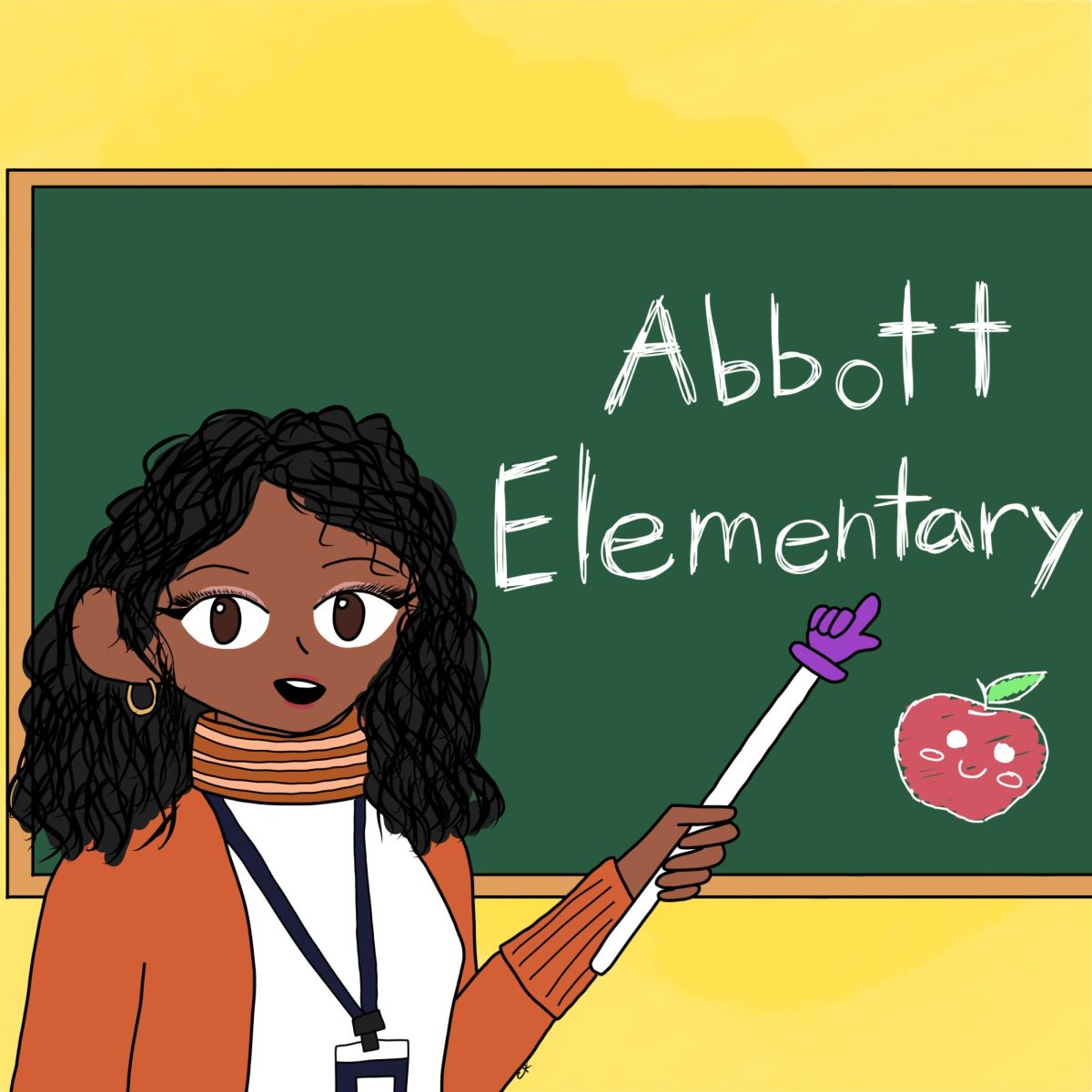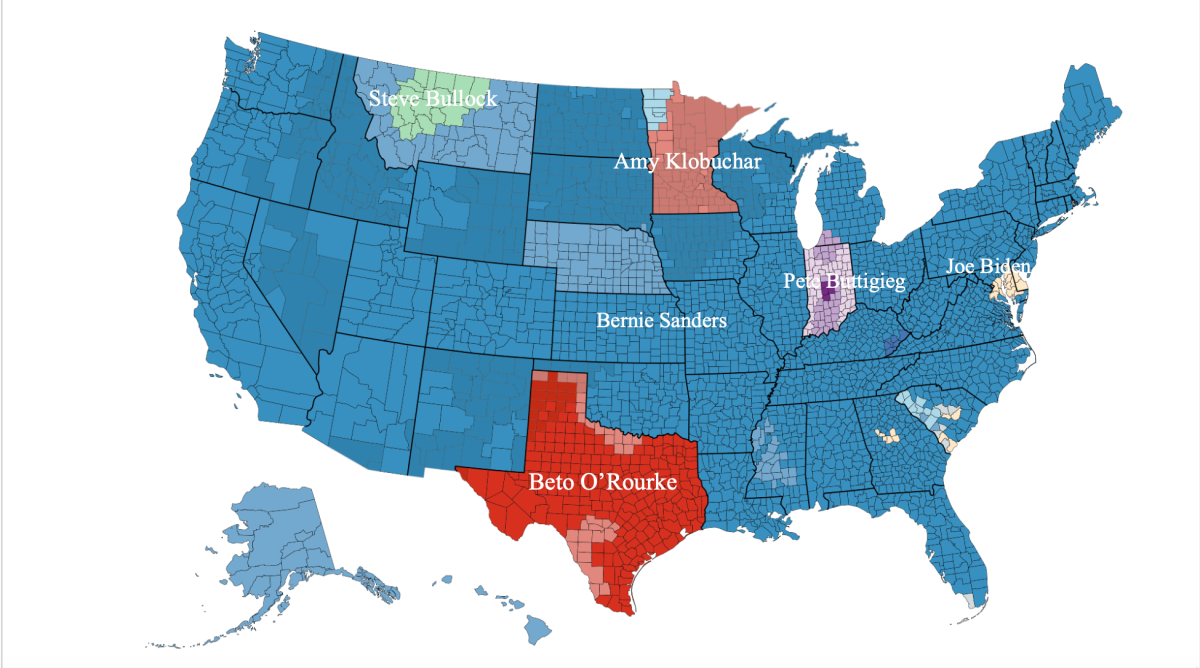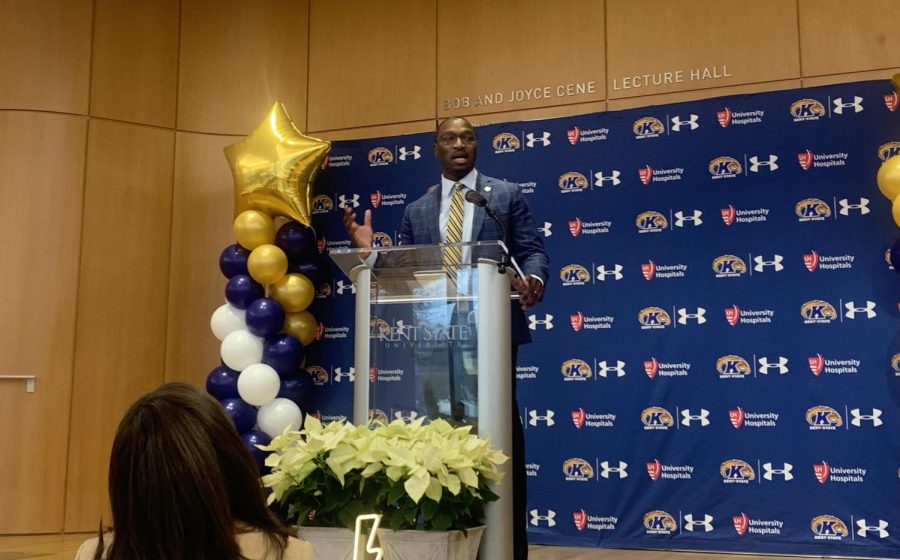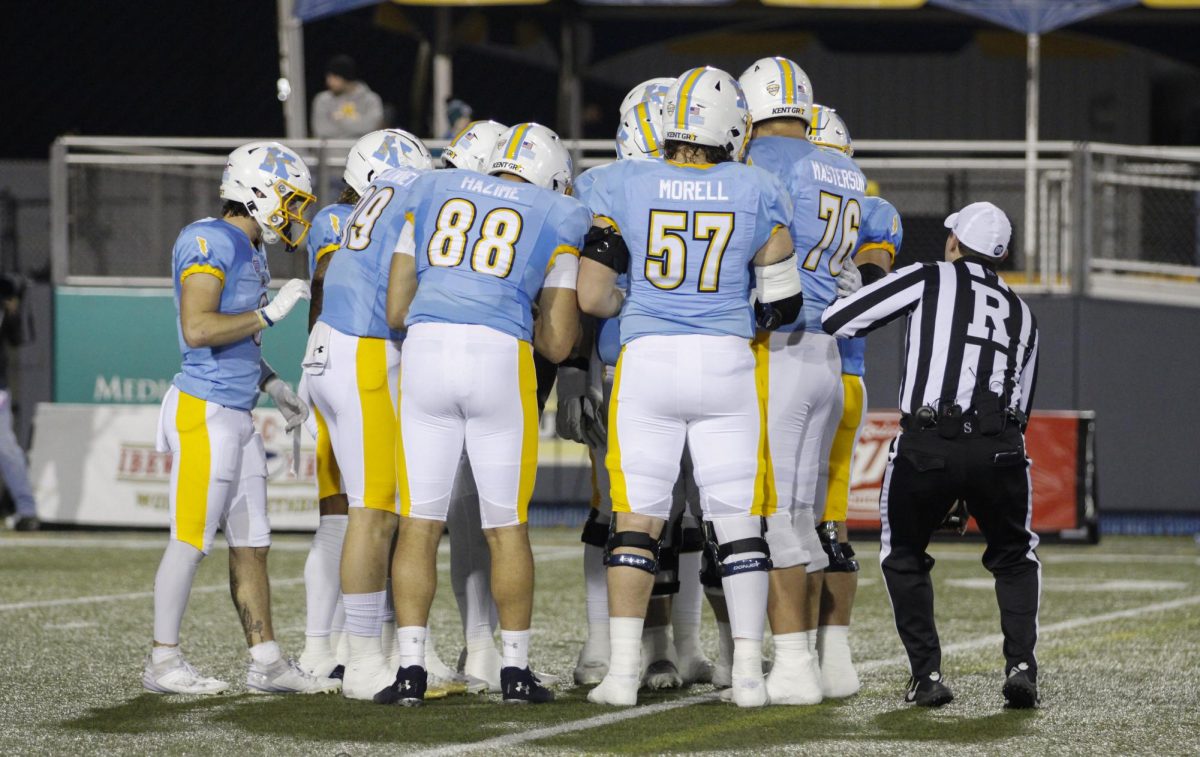With Teacher Appreciation Week coming up in a few months, I thought this would be a good time to write this.
On Feb. 8, the season three premiere of the hit mockumentary-style sitcom, “Abbott Elementary,” aired on ABC and Hulu. I personally just finished binge-watching the previous two seasons and loved it tremendously.
For those of you who don’t know, “Abbott Elementary” tells the story of a group of teachers who work in a low funded, predominantly Black elementary school, simply named Abbott Elementary, in Philadelphia.
The show was created by and stars Quinta Brunson as Janine, a second grade teacher at Abbott who has been teaching for a little over a year. Brunson won an Emmy for her efforts just last year.
The show promotes both diversity and teacher appreciation, as well as advocating for public schools. While it takes a more satirical approach to many of the issues the characters deal with on the show, many of the main points are made towards the end of each episode.
In season two, episode 20, Janine speaks with a parent of a child in her class who is acting out and falling behind to see if they can come up with a plan for getting him back on track. The parent then yells at Janine and tells her she is the “worst teacher she has ever seen.”
Heartbroken and dealing with an identity crisis, Janine seeks advice from Barbara, the eldest teacher at Abbott, who is played by Sheryl Lee Ralph. Barbara tells Janine, “I have been called a bad teacher more times than I can ever remember. People have thrown dirt on my name, others have given flowers, but it’s all a garden to me.”
She then proceeds to comfort Janine more by telling her that she has failed children before, that she doesn’t always find an answer and that some problems are too difficult to solve in one school year. Barbara closes off the conversation by telling Janine, “But if you come back here tomorrow ready to do your job, having not given up on yourself or your student, well, that is not failure. Sometimes that’s what success looks like.”
The episode touches on the treatment that many teachers face more times than they can count. It creates a touching and hopeful scene that shows just how much teachers really try to work at helping their students succeed. Even if it doesn’t end up working and they face prejudice from it, they go back to being dedicated educational workers the next day.
The show has even had a real-world crossover.
In fall 2023, JCPenney partnered with NBC and “Abbott Elementary” for a limited time to celebrate teachers with an exclusive clothing collection.
The Abbott Elementary Collection contained clothing made for teachers and working professionals in the educational system who need outfits that are easy to wear and easy to care for, including sweaters, jackets, shirts and pants for both men and women. These pieces were designed to be mixed and matched, much like how Janine dresses in the show.
My very own mother is an educator and owns a piece from this collection. I remember when she first found it and I explained to her what it was from. She lit up with excitement when she realized it was made for teachers. She even told me it’s one of her favorite sweaters.
One of the recurring themes in the series is the blatant anti-charter-school stance it takes. In two episodes of season two, Draemond, an Abbott alum and owner of Legendary Schools Charter Network, played by guest star Leslie Odom Jr., arrives at Abbott to begin preparations to transform Abbott into a charter school. He admits to Barbara, who was his kindergarten teacher, that he believes public schools are failing children and that he plans to get rid of most of the already existing staff at Abbott when he does transform it.
The staff don’t take this news lightly.
They spend a few episodes running community events and fundraisers. When Draemond makes his return, it’s revealed that one of his schools was directly responsible for kicking a student out because he wasn’t “smart enough” and didn’t bring the school enough income, revealing their ulterior motive. This directly links back to a comment where Barbara questioned whether charter schools take “private money from wealthy donors with ulterior motives.”
The community bands together to get rid of Draemond and begin to pull their children out of Legendary Schools and place them in Abbott instead.
This story hit home with Quinta Brunson, whose mother is a public school teacher. Brunson went to a public school as a youth and then witnessed it turn into a charter school years later.
In March 2023, she spoke with TIME magazine, where they write, “The show’s creator has long been an advocate for public education, but has been careful with her wording. Speaking with TIME last month, she said that we should be giving just as much support to public schools as we do to charter schools.”
“’Are charter schools better? Maybe,’ she said. ‘But can we support our public schools more so that we don’t feel like one is necessarily better than the other? Because public schools have so much to offer. And we wanted to focus on: How can we support our public schools?’”
This part of the series also struck a chord with real teachers as well.
TIME magazine also wrote, “For teachers around the U.S., charter schools are a constant concern, beyond an episode of television. They find relief, both comic and real, in Abbott — as well as tangible education and information. ‘There’s this myth that charter schools provide more opportunity or their graduation rates are better, but that’s just because they exclude kids,’ says Brooklyn public school teacher Frank Marino, who formerly worked at a charter school. Watching ‘Abbott’ ‘felt so cathartic, because I was like, yes, it was a public platform where those myths are being busted by parents.’”
In another episode all about Teacher Appreciation Day, the characters on the show express that they aren’t appreciated enough, but still love Teacher Appreciation Day because they have a chance to give kids a fighting chance at life that makes it worth their while.
So with this, I challenge you. Get in contact with your favorite teacher, or all of them, and tell them how much you appreciate them. It shouldn’t be confined to one day or even a week. Every day should be Teacher Appreciation Day.
I’m going to take this remaining time to show appreciation for my favorite educators.
Firstly, my mom, Mrs. Lori Keller.
My uncle, Mr. Ken Keller.
My aunt, Mrs. Elizabeth Keller.
Lastly, Mrs. Kimberly Wasylyk, who showed me the true meaning of what it means to be not just a teacher, but a friend.
This one’s for all of you.
Nick Keller is an opinion writer. Contact him at [email protected].








Dot Kensinger • Feb 24, 2024 at 10:32 pm
Excellent commentary, Nick!!!